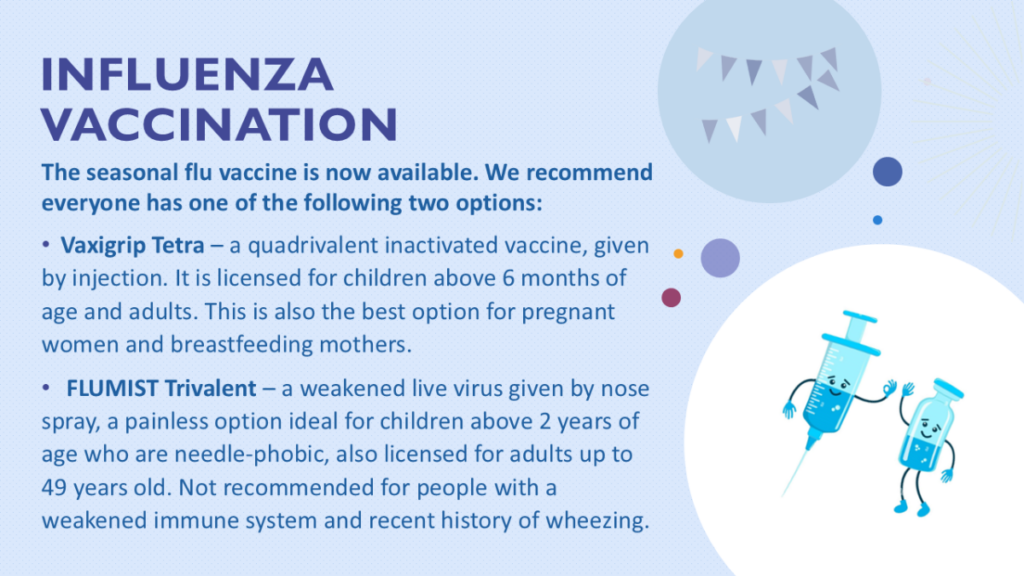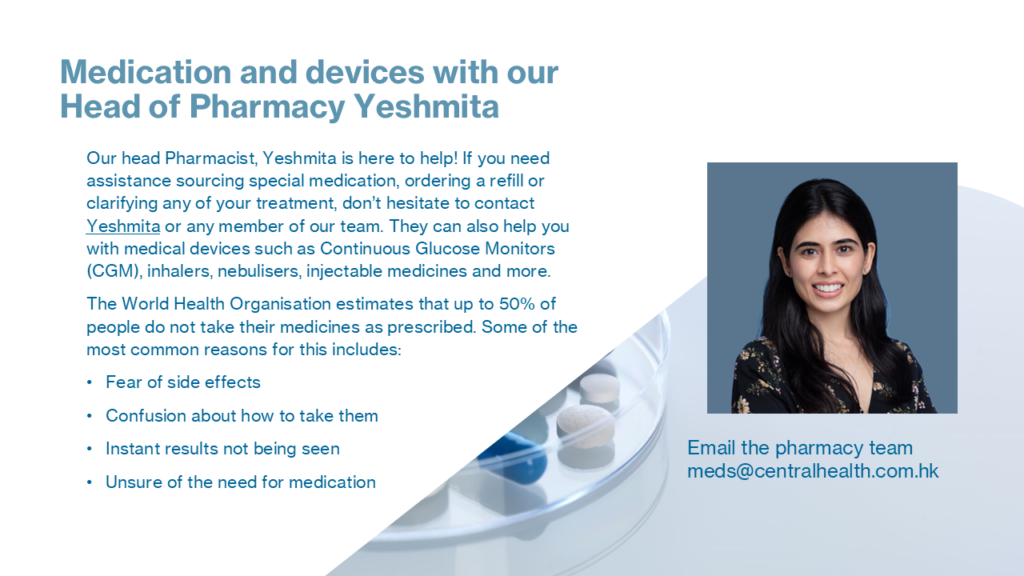Alzheimer’s disease and other forms of dementia are one of the ten most common causes of death in the developed world. Unlike the doom and gloom of the past however, dementia is no longer a hopeless disease. Recent research means we now know so much more about the many choices we make that may inadvertently increase our risk of Alzheimer’s. New drugs and other interventions mean that for the majority of our patients we have effective strategies that can prevent, delay or treat dementia so that they can live longer and happier lives.
Risk Factors
For everyone over the age of 40 (and yes, when we talk about brain aging, the downhill slide begins at around 40!), brain health should be front and centre in any discussion regarding longevity. The data is conclusive – a healthy lifestyle is associated with a lower risk of dementia. Evidence suggests that up to 45% of dementia cases globally could be prevented or delayed by addressing 14 risk factors in our day-to-day lives. The ones we consider most important in our patient population are:
- Obesity and diabetes
- Alcohol and smoking
- High cholesterol and physical inactivity
Prevention
Our family doctors, in response to many of our patients who are concerned about dementia, have developed a patient-centred and personalised approach to brain health. Starting at age 40 for those with a family history, it is never to early to develop a brain health strategy. Identifying and modifying individual risk factors early can lead to a significant increase in our healthy lifespan and the biggest reduction in dementia. The more common examples of evidence-based treatment include:
- Losing weight and reversing diabetes with a variety of treatments including GLP-1 agonists like Ozempic and other medicines
- Psychological therapy and medications to treat addictive behaviours and mood disorders
- Physical therapy and exercise, as well as medications that help lower cholesterol
Diagnosis
If you are worried that you or someone you know is exhibiting signs of cognitive decline, consider doing some painless, non-invasive testing to rule out common conditions and address the possibility of dementia. Our top recommendations are:
- Blood tests for general health and particular biomarkers linked to other diseases
- Gene testing for those with a strong family history of Alzheimer’s disease to screen for the ApoE4 gene (the strongest known genetic risk factor)
- MRI brain with AI interpretation. This innovative technology has little or no downsides in checking for dementia and other types of organic brain disease
- Plasma proteins related to Alzheimer’s disease (PlasmarkAD). A brand-new alternative to invasive tests like lumbar puncture. This is good for early detection, with an accuracy of above 96%
Treatment
In many cases, we can hope for an illness or reversible condition that can be treated directly, such as chronic infection or vitamin deficiency. However some cases are not so clear cut and we also recommend cognitive performance testing by our neuropsychologist, Dr Maria Rahder or referral to local neurologists if appropriate. For those who are diagnosed with dementia, treatments which slow the progression can be started right away. Today the benefits of a diagnosis (especially an early diagnosis) far outweigh the costs, don’t hesitate to speak with your GP about this.









